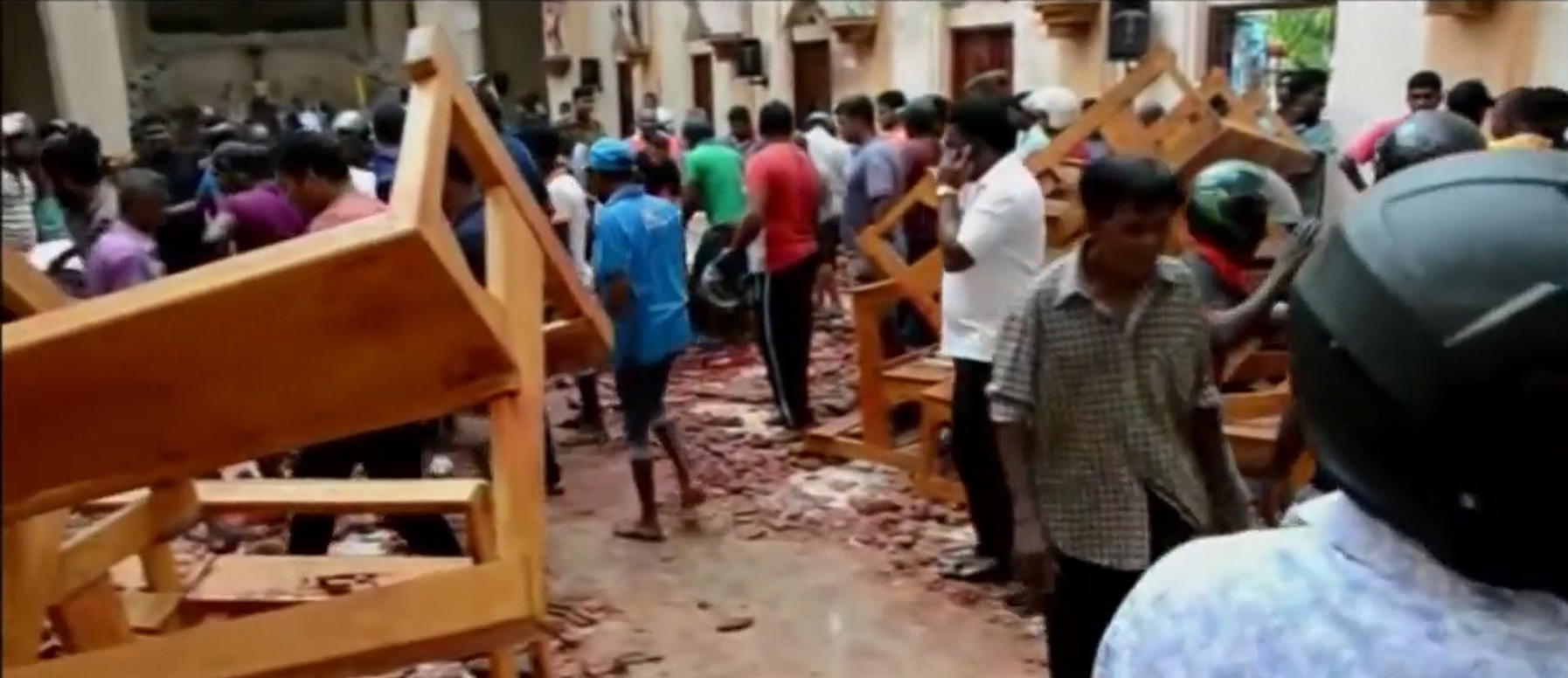
JUBA, South Sudan (BP) — Security officials have arrested two Sudanese Christian leaders near Khartoum and are seeking to re-imprison two pastors who were freed in August, Morning Star News has reported.
The National Intelligence and Security Services (NISS) arrested two leaders of the Sudan Church of Christ (SCOC) at their respective homes at 7 a.m. on Dec. 18, Morning Star reported Dec. 20. Kowa Shamaal, SCOC head of missions, was arrested in North Khartoum, while Hassan Abdelrahim, SCOC vice moderator, was arrested in Omdurman. Both men also are pastors.
Family and church officials were given no reason for the arrest of the leaders, who have objected to government demolition of SCOC churches. The leaders’ whereabouts were unknown but a source in Khartoum told Morning Star News they are in detention at an undisclosed NISS site in Khartoum state.
“We have not gotten any information on why our pastors were detained, and their families have not been informed also,” an SCOC official told Morning Star.
Authorities in the Karari area of Omdurman demolished an SCOC building on Oct. 27 without prior warning, after bulldozing a Lutheran Church of Sudan building on Oct. 21. Church leaders adamantly denied a government claim that the SCOC building was on government land. The SCOC church was established in 1998.
Shamaal’s church was demolished in the Hai Thiba Al Hamyida area of North Khartoum in June 2014.
Both church leaders are from the Nuba Mountain region of South Kordofan state. Ethnic Nuba, along with Christians, face discrimination in Sudan, where President Omar al-Bashir has vowed to adopt a stricter version of sharia Islamic law and recognize only Islamic culture and the Arabic language.
Harassment, arrests and persecution of Christians have intensified since the secession of South Sudan in July 2011. Sudan’s minister of guidance and endowments announced in April 2013 that no new licenses would be granted for building new churches in Sudan, citing a decrease in population with South Sudanese ties.
Sudan has expelled foreign Christians and bulldozed church buildings since 2012 on the pretext that they belonged to South Sudanese. Sudan fought a civil war with the South Sudanese from 1983 to 2005, and in June 2011, shortly before the secession of South Sudan the following month, the government began fighting a rebel group in the Nuba Mountains that has its roots in South Sudan.
Christians in Sudan are appealing to the international community for prayer and advocacy for the release of Shamaal and Abdelrahim.
“Let’s pray that God will be with them in any situation, including torture,” a Christian in Sudan said. An SCOC member added, “We know for sure God is on their side, even if they are in prison.”
The arrests came weeks after an appeals court in Khartoum issued a warrant ordering that two South Sudan Presbyterian Evangelical Church (SSPEC) pastors freed in August be returned to prison while their case is reconsidered on appeal.
Yat Michael and Peter Yein Reith, who reportedly have relocated with their families to a country outside Sudan and South Sudan, had been imprisoned for eight months on alleged capital crimes punishable by death but were convicted of lesser charges and released Aug. 5 on the time they had served. (See related BP stories here and here.)
Michael, 49, was arrested after delivering messages encouraging Khartoum Bahri Evangelical Church; the church was the subject of government harassment, arrests and demolition of part of its worship center as Muslim investors have tried to take it over. Reith, 36, was arrested on Jan. 11 after submitting a letter from SSPEC leaders inquiring about Michael’s whereabouts.
Due to its treatment of Christians and other human rights violations, Sudan has been designated a Country of Particular Concern by the U.S. State Department since 1999, and the U.S. Commission on International Religious Freedom recommended the country remain on the list in its 2015 report.
Sudan ranked sixth on Christian support organization Open Doors’ 2015 World Watch List of 50 countries where Christians face most persecution, moving up from 11th place the previous year.
















